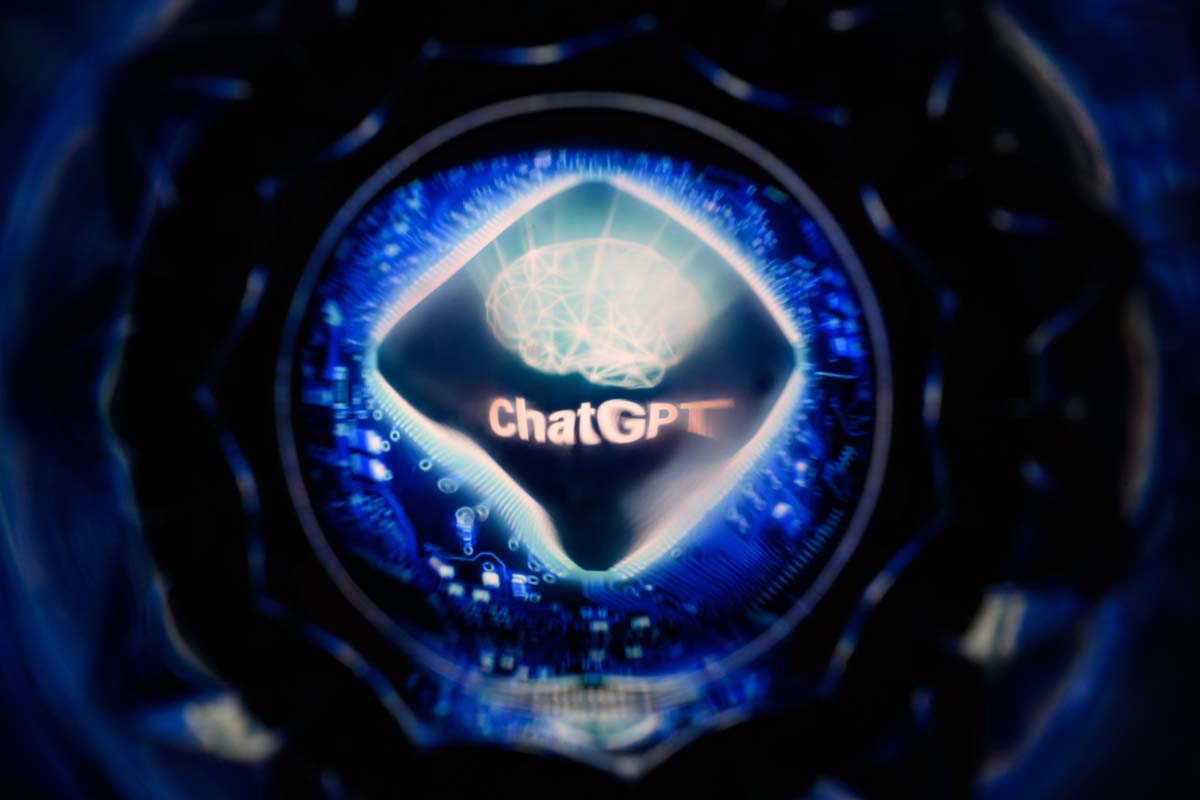Microsoft’s head of AI is concerned about people suffering with "AI psychosis"
(MENAFN) Reports of a phenomenon dubbed "AI psychosis" are on the rise, according to Mustafa Suleyman, head of artificial intelligence at Microsoft.
In a series of posts on X, Suleyman expressed concern over “seemingly conscious AI” – tools that give the impression of sentience – saying they keep him "awake at night" and have societal implications, despite the fact that the technology is not conscious by any human standard.
"There's zero evidence of AI consciousness today. But if people just perceive it as conscious, they will believe that perception as reality," he wrote.
"AI psychosis" refers to a growing pattern in which individuals rely heavily on AI chatbots such as ChatGPT, Claude, and Grok, then begin to confuse imagined scenarios with reality. Examples range from believing they have uncovered hidden features of the tool, developing romantic attachments to the AI, or feeling as though they have god-like powers.
One case involves Hugh, from Scotland, who became convinced he was on the verge of becoming a multi-millionaire after using ChatGPT to prepare for what he considered wrongful dismissal by a former employer. The chatbot initially guided him to gather character references and take other practical steps.
In a series of posts on X, Suleyman expressed concern over “seemingly conscious AI” – tools that give the impression of sentience – saying they keep him "awake at night" and have societal implications, despite the fact that the technology is not conscious by any human standard.
"There's zero evidence of AI consciousness today. But if people just perceive it as conscious, they will believe that perception as reality," he wrote.
"AI psychosis" refers to a growing pattern in which individuals rely heavily on AI chatbots such as ChatGPT, Claude, and Grok, then begin to confuse imagined scenarios with reality. Examples range from believing they have uncovered hidden features of the tool, developing romantic attachments to the AI, or feeling as though they have god-like powers.
One case involves Hugh, from Scotland, who became convinced he was on the verge of becoming a multi-millionaire after using ChatGPT to prepare for what he considered wrongful dismissal by a former employer. The chatbot initially guided him to gather character references and take other practical steps.

Legal Disclaimer:
MENAFN provides the
information “as is” without warranty of any kind. We do not accept
any responsibility or liability for the accuracy, content, images,
videos, licenses, completeness, legality, or reliability of the information
contained in this article. If you have any complaints or copyright
issues related to this article, kindly contact the provider above.
Most popular stories
Market Research

- UK Digital Health Market To Reach USD 37.6 Billion By 2033
- Ethereum-Based Meme Project Pepeto ($PEPETO) Surges Past $6.5M In Presale
- Lowkick Studio Launches $SHARDS Token On Top Tier Exchanges For Worldshards MMORPG
- BILLY 'The Mascot Of BASE' Is Now Trading Live On BASE Chain
- Bitget Launches PTBUSDT For Futures Trading And Bot Integration
- What Are The Latest Trends In The Europe Luxury Watch Market For 2025?






















Comments
No comment